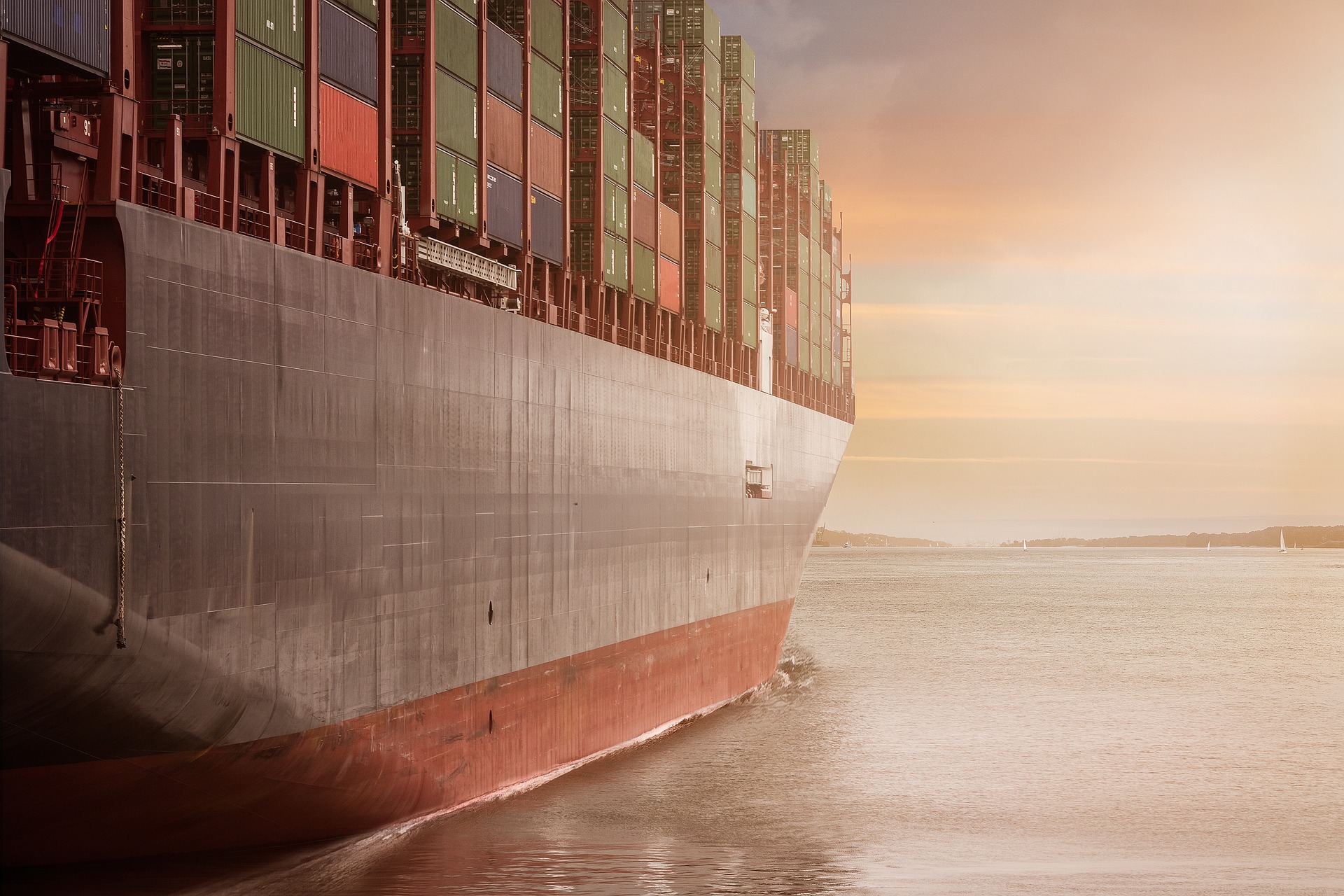
The cost of sending freight across the Channel Sea has surged following the end of the transition period and logistics experts say that increased prices are here to stay.
In the first week of January, moving full truckloads from France to the UK was 39% more expensive compared to average prices from the end of last year, according to data from global logistics platform Transporeon reported in Bloomberg.
Covid disruption
The start of the year saw relatively quiet cross-Channel freight flows, in part due to companies anticipating and avoiding possible congestion as a result of new customs rules following the end of the transition period.
This period of calm followed long tailbacks of lorries in mid-December after French authorities banned incoming freight movements from the UK in response to the prevalence of a new variant of Covid-19 in south east England.
Though the ban has since been halted, this disruption led to many shippers increasing costs for freight movements between the UK and EU.
Long-term Brexit effect
Stephan Sieber, CEO at Transporean, said these increased prices are likely to stay due to the added administrative costs for moving goods between the UK and EU, now that the UK has left the EU single market and customs union.
“There is a likelihood that we will be seeing higher rates for lanes into and out of the UK into the EU as a result of Brexit,” he said. “Carriers, which normally operate on very tight margins, are reacting to market dynamics.”
The Road Haulage Association (RHA) told the Telegraph that added administrative costs and uncertainty around possible delays has seen shipping firms increase freight costs by almost 700% from an average of €1.50/km to €10.
Paperwork confusion
RHA chief executive Richard Burnett said the trade body has been “inundated by traders and hauliers who haven’t been able to get customs brokers to do their paperwork”.
With a shortage of available brokers, exporters are being asked for four times the going rate for support completing customs declarations, he added.
Significant disruption
This week is expected to be a greater test for the UK’s borders as freight traffic builds, said Elizabeth de Jong, policy director of Logistics UK.
“While the number of vehicles being refused passage has been very low in percentage terms, this will be the week which really tests whether planning, understanding and systems are sufficient,” she said.
Cabinet minister Michael Gove has warned businesses to expect “significant disruption” at the UK border.



